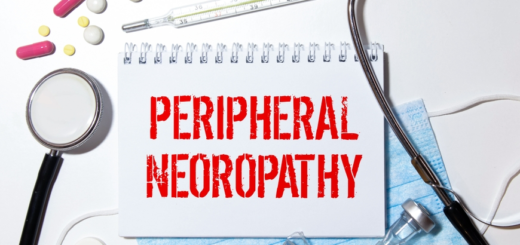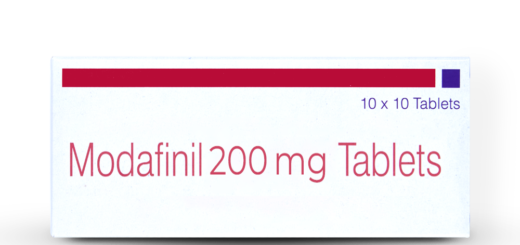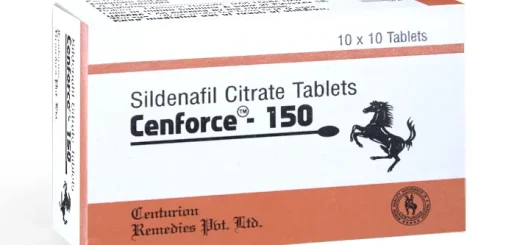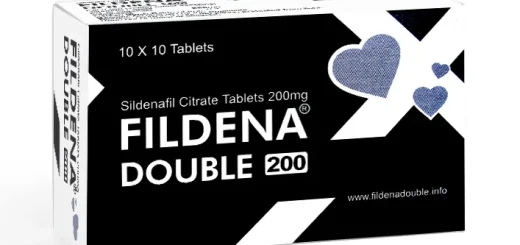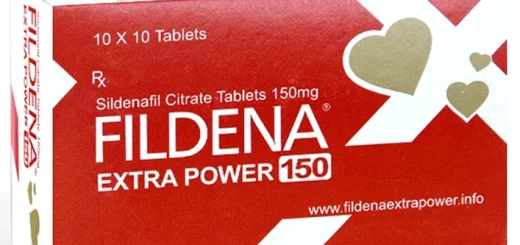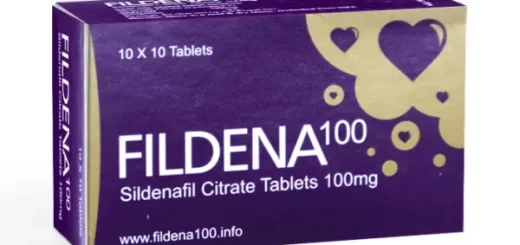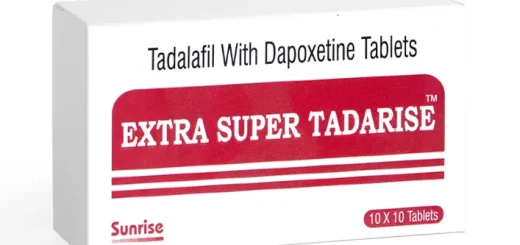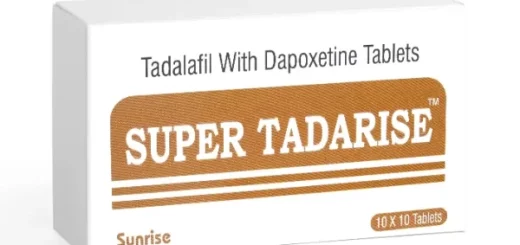Best Brain Boosting Supplements
We’ve all had that time when we and our bodies, our brains, simply completely stop working because of increased stress, and we just need to boost our brains urgently in order to stay productive. Athletes in order to enhance their physical performance, there are some athletes who rely totally on brain enhancers and brain boosters.
Of course, no drug can make you a genius if you don’t already have one So, exactly what are brain boosters?
“It could mean a number of things.” It could refer to medicines or nutrients that improve mental clarity, alertness, attention, concentration, memory, and even mood.
“Most commonly, people will notice that they are more focused and alert, that they are more motivated, and that they are processing information faster.
Brain boosters may appear to stimulate mental activity, but they are not stimulants in the strict sense, as things such as caffeine, ephedrine, or amphetamines are. In many cases, no one really knows how they act on the brain.
Herbs will actually have different and several compounds in them. Let’s say an example of a drug named amphetamine, which is basically one compound and one molecule. Herbs will have a different set of compounds. It’s difficult to make out which one is the most active or whether it’s the combination that is adding ahead to the progressive result.
So here the herb or the nutrient is boosting up the brain power, isn’t proven, however.
Herbs will have a set of several or several dozen compounds in them. It’s difficult to pinpoint which one of them is the most active or whether it’s the combination of many of them that are producing the result.
In general, the idea that herbs or nutrients can boost brainpower isn’t proven, however.
There hasn’t been much research on whether an intelligent, healthy young person can function better intellectually under the influence of reputed brain boosters, and when the research has been done, results have varied.
A few natural products are:
Coffee
If coffee is the highlight of your morning, you’ll be glad to hear that it’s good for you.
Two main components in coffee — caffeine and antioxidants — can help support brain health.
The caffeine found in coffee has a number of positive effects on the brain, including
- Increased alertness: Caffeine keeps your brain alert by blocking adenosine, a chemical messenger that makes you feel sleepy.
- Improved mood: Caffeine may also boost some of your “feel-good” neurotransmitters, such as dopamine
- Sharpened concentration: One study found that caffeine consumption led to short-term improvements in attention and alertness in participants completing a cognition test.
Drinking coffee over the long term is also linked to a reduced risk of neurological diseases, such as Parkinson’s and Alzheimer’s. The largest risk reduction was seen in those adults who consumes 3-4 cups daily.
Turmeric
Turmeric has generated a lot of buzz recently.
This deep-yellow spice is a key ingredient in curry powder and has a number of benefits for the brain.
Curcumin, the active ingredient in turmeric, has been shown to cross the blood-brain barrier, meaning it can directly enter the brain and benefit the cells there.
It’s a potent antioxidant and anti-inflammatory compound that has been linked to the following brain benefits:
May benefit memory: Curcumin may help improve memory in people with Alzheimer’s. It may also help clear the amyloid plaques that are a hallmark of this disease.
Eases depression: Curcumin boosts serotonin and dopamine, both of which improve mood. One review found that curcumin could improve symptoms of depression and anxiety when used alongside standard treatments in people diagnosed with depression.
Helps new brain cells grow: Curcumin boosts brain-derived neurotrophic factor, a type of growth hormone that helps brain cells grow. It may help delay age-related mental decline, but more research is needed.
Keep in mind that most studies use highly concentrated curcumin supplements in doses ranging from 500–2,000 mg per day, which is much more curcumin than most people typically consume when using turmeric as a spice. This is because turmeric is only made up of around 3–6% curcumin.
Green tea
Green tea contains a high level of polyphenol called as catechin. Catechins are antioxidants that help prevent cell damage and all the health benefits.
The most well-known and abundant catechin in green tea is epigallocatechin-3-gallate (EGCG), has found may be involved in improving various health conditions or markers of disease.
Consuming green tea may improve cognition, mood, and brain function, potentially due to components in green tea such as caffeine and L-theanine.
A 2020 study also found that drinking green tea is associated with a 64% decreased risk of cognitive impairment in middle-aged and older persons. More human research are needed to investigate this effect further.
Green tea has functional ingredients that may combine to improve brain function and cognitive health. Green tea seems to be linked with a lower chance of cognitive impairment in middle and older age.
Rosemary
It is a circulatory stimulant, which means it increases blood flow to and from tissues and organs. It contains carnosic acid, a neuroprotective molecule that can protect the brain from free radical damage caused by chemicals and environmental pollutants. Rosemary has been demonstrated to increase mood, concentration, and performance. Use the dried herbs to make a tea or cook with rosemary. You can also apply rosemary essential oil to your skin by adding a few drops to a vaporiser, bath, or carrier oil. It is better to consume rosemary as a liquid tincture or capsule for a therapeutic dose.
FAQ
- What are brain boosters?
Brain boosters, also known as nootropics or cognitive enhancers, are substances or activities that claim to improve cognitive functions such as memory, focus, creativity, and mental clarity. They can be natural substances, pharmaceutical drugs, or lifestyle changes aimed at optimizing brain performance.
- Do brain boosters actually work?
The effectiveness of brain boosters varies depending on the specific substance or activity. Some studies suggest that certain nootropics, like caffeine, can improve focus and attention. Others, such as certain herbal supplements, may have limited scientific evidence to support their claims. It is essential to research and consult with a healthcare professional before trying any brain booster to understand potential benefits and risks.
- Are brain boosters safe?
Safety concerns surround many brain boosters, especially those that lack rigorous scientific testing or are obtained without a prescription. Some substances may have side effects or interact negatively with medications. It is crucial to use brain boosters responsibly and follow recommended dosages or usage guidelines. Always consult with a healthcare professional before trying any new cognitive enhancement method.
- What are some common natural brain boosters?
Several natural substances are commonly considered brain boosters, including:
Omega-3 fatty acids are found in fish oils.
Antioxidant-rich foods like blueberries and green tea.
Bacopa monnieri and ginkgo biloba herbal supplements.
Turmeric contains curcumin, which has potential anti-inflammatory properties.
Regular physical exercise, which can benefit brain health.

